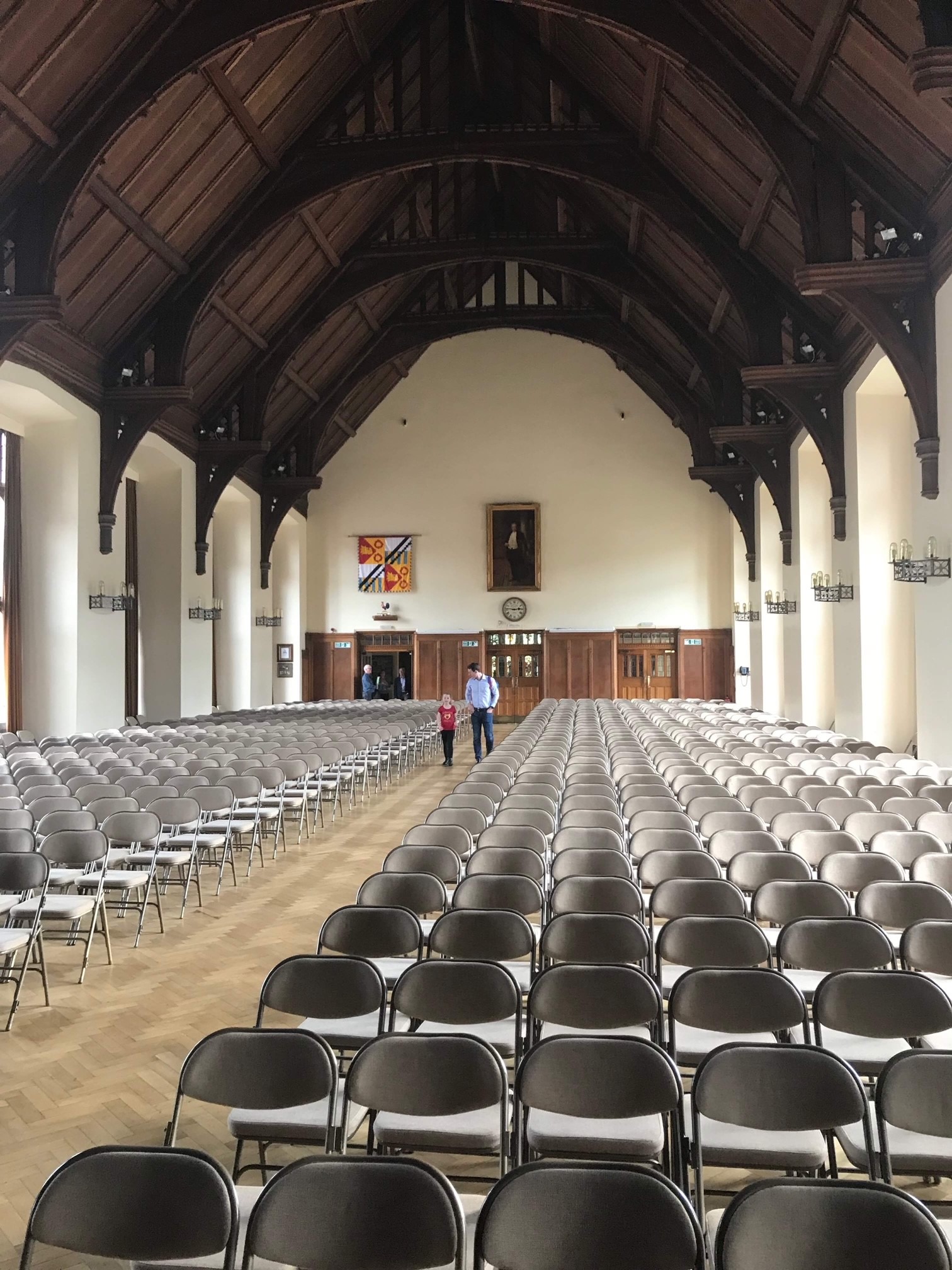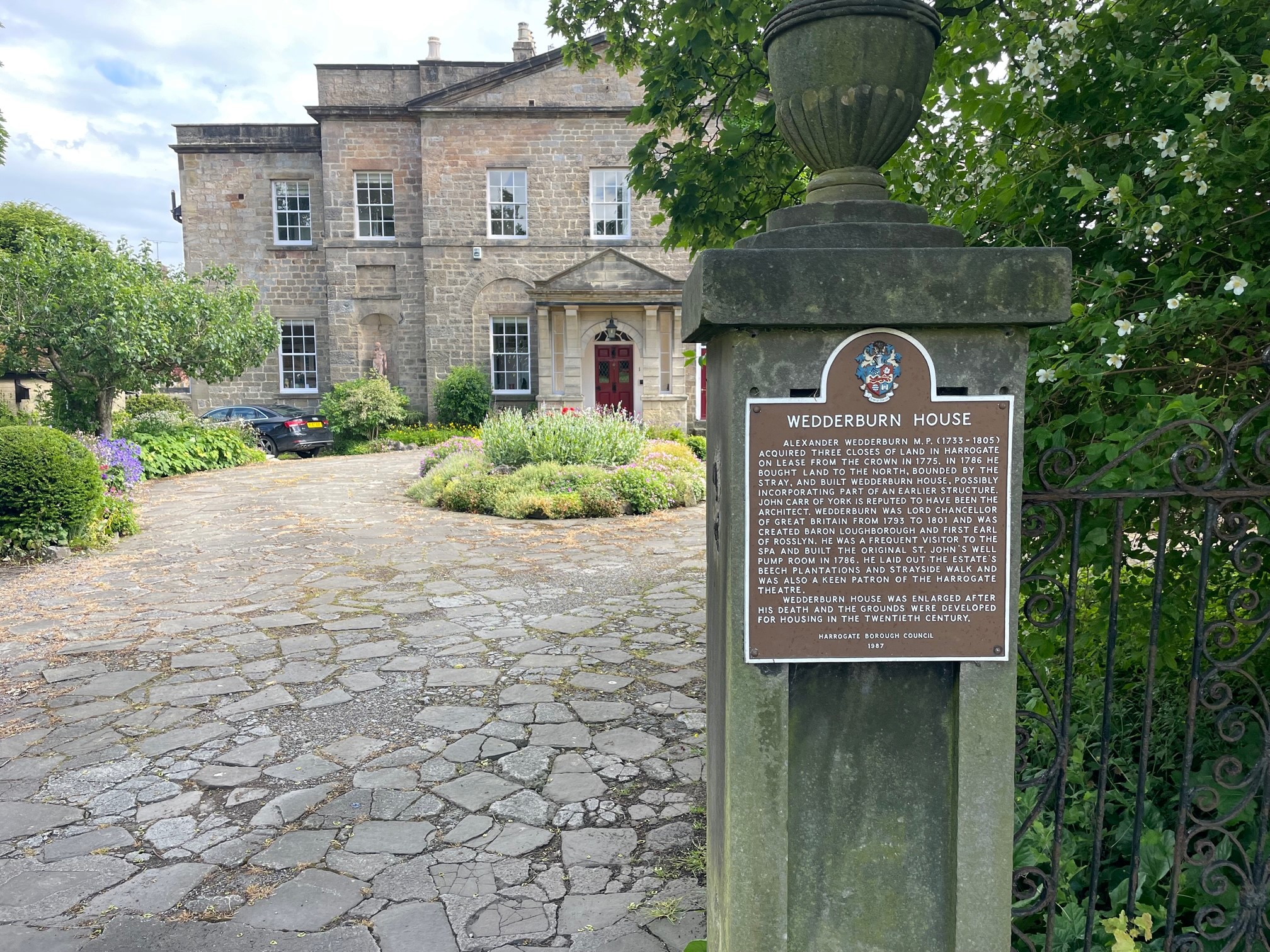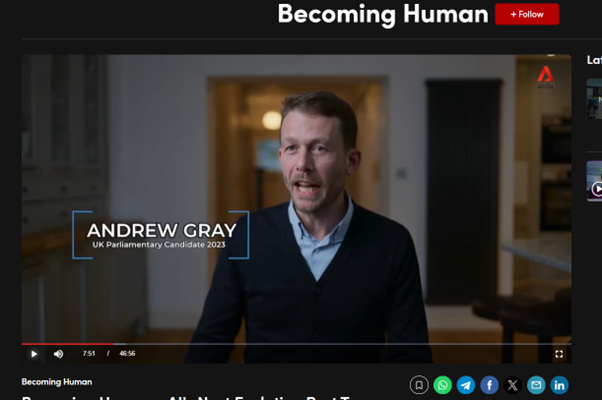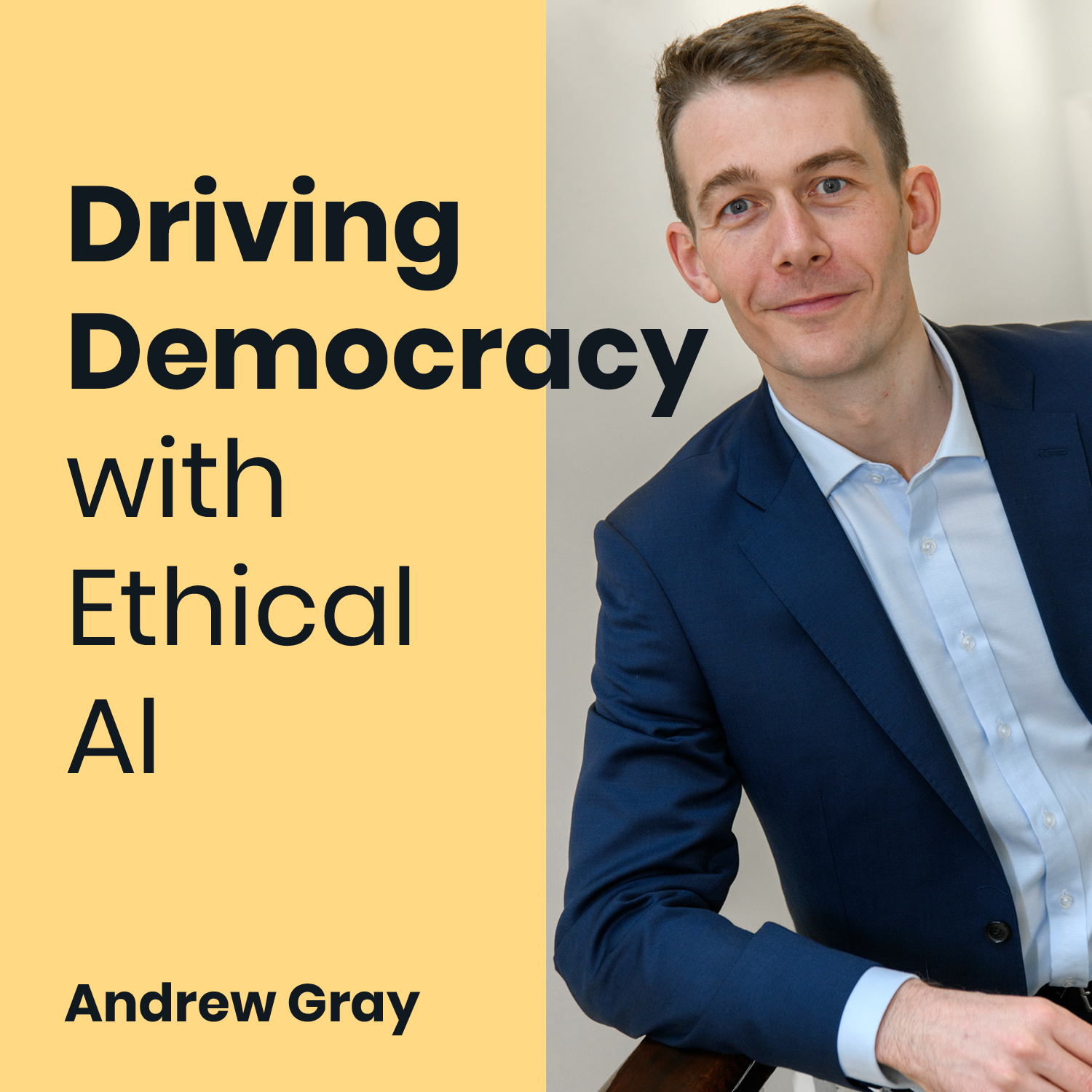As we roll into our fourth week in lockdown (we started earlier than most because of my wife’s high temperature), my children – 8 and 10 – are the happiest we have ever known. Against the backdrop of the daily carnage, the children’s joie de vivre is uplifting.
It sure didn’t start that way. Their affection and friendship for each other has grown each day. When they were bickering at the start, they are now enthralled with each other’s company.
If the role of the parent is to provide a safe and happy childhood, though we have tried our best, the pandemic has caused us to reconsider how we will continue to parent. It is disconcerting just how wrong we got it before all this.
Why are they happier?
Let’s start by deconstructing how we are living. For the kids, the day starts at 9am with exercise: either Joe Wicks on Youtube, trampolining or scooting. Pre-corona, at 8:30am, we would be flying out of the house – often late, often in the rain, often angry – on foot, evading angry cars and the pollution. So far, the day has got off to much more pleasant start!
At 9:30am, the children practice their set spelling and then – here’s the cool part – they test their friends on Zoom. Not only does this give the children the chance to see a friendly face, but they learn the role of the teacher, whilst using awesome, free tech. Every session has been a success.
At 10am, shared between two other families, my children begin their second Zoom lesson of the day, this time with a brilliant teacher who had the previous night emailed to us the lessons. Taking three children at a time, whilst the other child finishes their homework, at a cost of £10 per hour per family, my children are enjoying a ratio of 1:3 with their teacher. At school, the ratio is ten times higher.
With my wife and I having completed a morning’s work (or there or thereabouts), we have a homecooked meal together as a four. Surely this beats a school dinner!
Following a spell in the garden, at around 1pm, Gran teaches them both German via Zoom – something that they wouldn’t be doing at school. At around 2pm, Grandma reads to them, or listens to them read, again via Zoom. (We appreciate just how lucky we are to have both grans on earth, with both being former teachers.)
At around 3pm, I take over…. My time – which I adore – consists of either exercise in the form of a walk, or the building of a treehouse. As the least practical person I know, my kids have never experienced their father using his hands, other than to type. Away from the constant pinging of email, I’ve had some awesome time with them both, whilst my wife works.
We eat at around 7pm, eating better than we did pre-pandemic: our third meal of the day together as a family. At bedtime, oftentimes a grandparent reads to them via Zoom. And then we press “repeat”.
Of course, their new-normal is so very different from their pre-pandemic lives. Adaptation has been easy for them. But as their lives pre-pandemic were so – we thought – good, why are they happier now? I don’t know, but I must apply my mind to it. Some possible answers, or a combination of them, are:
- They now spend much more time with each other, rather than being in different classes.
- The children enjoy more time with their parents.
- And more time with grandparents – significantly so.
- We have had to allow them greater use of technology, earlier than we had planned.
- We spend more time outside.
- We eat better food.
- The children now have the time to get bored.
- We no longer rush to meet deadlines, either to school or clubs.
- We don’t face pollution on the walks to and from school.
- The confines of the curriculum are no more.
Are they better placed in this new world than their old world? I don’t know, but they are happier. I accept that we are one of the most fortunate families in lockdown; that most families don’t enjoy our options. We are doing our best, playing the hand we have been dealt.
The answers to what to do post-corona may lie in the seminal Sapiens by Yuval Noah Harari. Our brains are not wired for today’s hectic world. In the history or our species, it is only in the last few hundred years that parents have sent their offspring to school. Before that, parents, grandparents and the tribe raised the child. It takes a village to raise a child goes the African saying, rather than a system of education designed by Victorian industrialists, politically tinkered with each time a new Education Secretary is appointed.
Back to the drawing board, literally.









